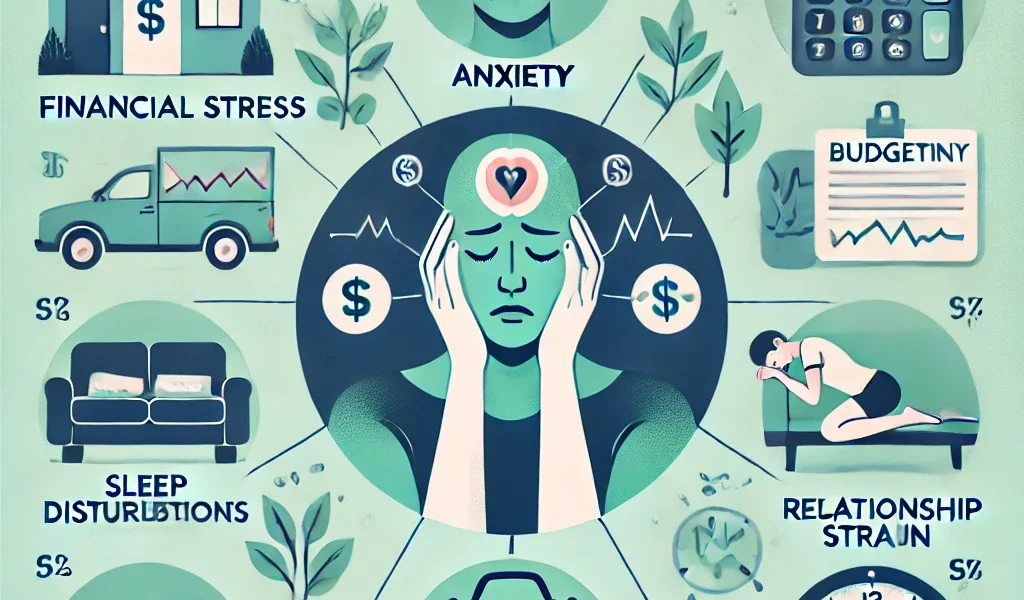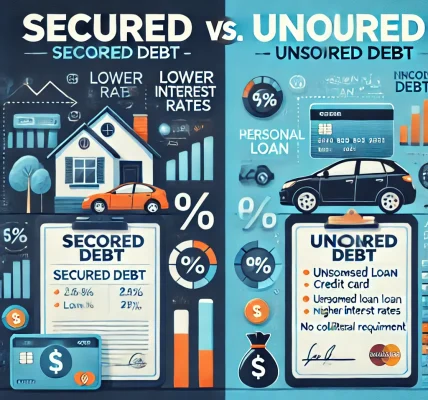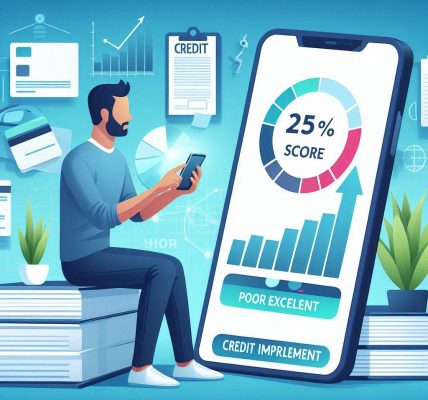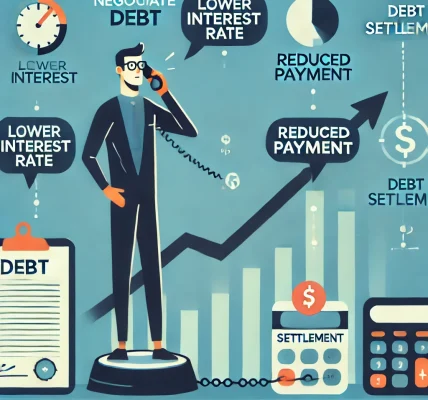Introduction
Debt can be more than just a financial burden—it can take a significant toll on your mental health and overall well-being. The stress, anxiety, and emotional strain caused by overwhelming debt can impact your daily life, relationships, and even your productivity at work. Understanding how debt affects your mental health and learning effective strategies to manage stress while paying off debt can help you regain control over your financial and emotional well-being.
The Psychological Effects of Debt
- Stress and Anxiety: The constant worry about making payments and avoiding collections can lead to chronic stress and anxiety.
- Depression: Feelings of hopelessness, shame, or regret about financial mistakes can contribute to depression.
- Sleep Disturbances: Financial worries can make it difficult to sleep, leading to exhaustion and reduced cognitive function.
- Relationship Strain: Debt can lead to conflicts with family members or partners, causing emotional distress.
- Reduced Self-Esteem: Struggling with debt can make individuals feel inadequate or unsuccessful, leading to lower self-confidence.
- Avoidance Behavior: Some individuals may start avoiding financial discussions or bills, worsening their financial situation.
How to Manage Stress While Paying Off Debt
1. Acknowledge and Accept Your Situation
Ignoring debt only increases stress. Accepting your financial situation as it is and committing to change is the first step toward relief.
2. Create a Realistic Debt Repayment Plan
- List All Your Debts: Write down all outstanding balances, interest rates, and due dates.
- Prioritize Payments: Focus on high-interest debts first (Debt Avalanche Method) or pay off smaller debts first for psychological wins (Debt Snowball Method).
- Set Achievable Goals: Break down debt repayment into smaller, manageable steps.
3. Establish a Budget and Stick to It
- Track Your Expenses: Identify unnecessary spending and cut back where possible.
- Allocate Funds Wisely: Set aside a portion of your income for debt repayment while covering essential expenses.
- Use Budgeting Tools: Apps like Mint, YNAB, or spreadsheets can help you stay on track.
4. Seek Support and Communicate
- Talk to Family and Friends: Sharing your struggles with trusted individuals can provide emotional support.
- Join a Support Group: Many online and community-based groups offer guidance and motivation for those struggling with debt.
- Consider Professional Help: A financial counselor or therapist can provide valuable insights and strategies to cope with debt-related stress.
5. Practice Stress-Relief Techniques
- Mindfulness and Meditation: Techniques like deep breathing, meditation, and yoga can help manage stress.
- Exercise Regularly: Physical activity releases endorphins, which help reduce anxiety and depression.
- Maintain a Healthy Lifestyle: Eating nutritious foods and getting enough sleep can improve mental resilience.
6. Focus on the Positive and Celebrate Small Wins
- Acknowledge Progress: Even small steps toward debt repayment deserve recognition.
- Avoid Comparing Yourself to Others: Everyone’s financial journey is different—focus on your own progress.
- Visualize a Debt-Free Future: Keeping your goals in mind can help you stay motivated.
Seeking Professional Assistance
If debt-related stress becomes overwhelming, consider:
- Credit Counseling Services: Certified credit counselors can help you create a structured repayment plan.
- Debt Consolidation Options: Consolidating multiple debts into one manageable payment can reduce stress.
- Therapy for Financial Anxiety: Professional therapists can help address underlying emotional struggles related to debt.
Conclusion
Debt may feel like an insurmountable challenge, but with the right mindset and strategies, you can take control of your finances while preserving your mental health. Acknowledge your situation, create a realistic plan, seek support, and practice self-care. Managing stress while paying off debt is essential to leading a healthier, more fulfilling life. Remember, financial recovery is a journey, and every small step you take brings you closer to freedom from debt and emotional peace.




